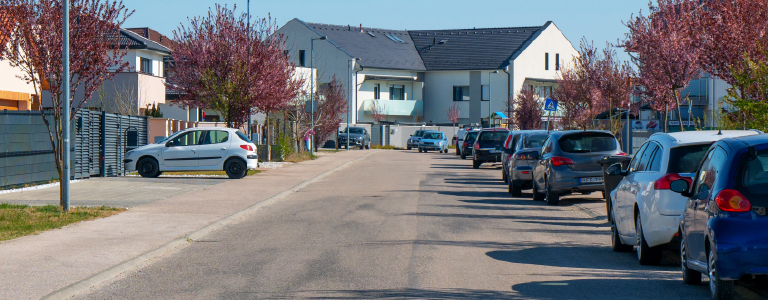As long as there have been cars, there have also been drivers trying to answer the question: “Where am I going to park this thing?”
Parking is a hot-button topic in HOAs. Residents are often unhappy about certain parking rules that seem to limit what they can and cannot do with their own property. No parking on the street overnight, or sometimes no parking on the street at all, is one rule that gets people particularly upset. They think, “Why shouldn’t I be able to park on the street in front of my own house if I want to? After all, it is my property.” … Except it isn’t. Technically, the streets of your neighborhood belong to either the city or the HOA itself. So, can an HOA restrict parking on streets? It depends.
When Can HOAs Enforce Street Parking Rules?
Homeowner associations have a right to restrict who can park on the roadways within their community. The laws are generally in favor of the HOA being able to create and enforce certain restrictions within the community, including parking restrictions. If the street is private (like in a gated community) or if the street was made after the HOA’s CC&Rs were created, then the HOA has jurisdiction over the street. This means that they can create and enforce pretty much any rule or regulation regarding parking. An HOA can also implement stricter rules than the city’s code. They can ticket, boot, or tow vehicles parked improperly (according to the published rules and regulations) at their discretion. The HOA can also establish parking rules based on vehicle size and the condition of the vehicle.
Limitations to HOA Street Parking Restrictions
If the street did exist before the creation of the HOA covenant, it is generally considered public property. In this situation, only the municipality can restrict the parking, and the HOA rules may not apply to those streets. The HOA is usually not allowed to boot or tow vehicles parked on public streets. However, some municipalities support the HOA’s right to enforce parking rules that dictate the ability of residents to park unconventional, disabled, or recreational vehicles on the public streets within the community. On public roads that exist within the confines of the community, the HOA may be able to ticket improperly parked cars or assess fines, depending on what is published in the governing documents. Generally, the courts have supported the HOA’s right to uniformly enforce all rules deemed to be reasonable within their community.
Know Your Community’s Rules
The power of an HOA to restrict parking varies from state to state, and even city to city. In some states, the HOA has no authority over any public roadway, while in other states the HOA has more power to govern the streets within their community boundaries. Most states have some sort of Homeowner Association Act (also referred to as “Property Owners Associations”) that dictates what powers and how much authority the HOA has. Each HOA has their CC&Rs, which also dictate the abilities of the HOA to enact restrictions. Local jurisdictional ordinances also dictate what the HOA is able and unable to do. Be sure to know the local and state laws that apply to your community. When you move to a neighborhood that is governed by an HOA, you agree to abide by all rules and regulations written in the governing documents of the HOA, including any rules that are created after you begin living there. Before buying a home in an HOA community, read the parking restrictions to understand what you’re agreeing to and to gauge whether the association is realistic for you.
The Benefit of HOA Street Parking Restrictions
Parking restrictions may seem like a hassle, but they are there for everyone’s benefit and protection. They keep the neighborhood looking clean and uncluttered. They may prevent you from parking on the street, but they also ensure that nobody else can park in front of your house, blocking your property. Not only do parking restrictions make a neighborhood look better, they also preemptively evade potential safety issues before they happen. HOA roads are subject to local regulations that specify that streets must be left clear enough as to be accessible by emergency vehicles. If cars parked on the street obstruct the path of a fire truck or ambulance, there could be deadly consequences.[/vc_column_text][/vc_column][/vc_row]
Contact Blue Lime Insurance today to get a free HOA insurance quote for your community or visit our blog for more helpful tips.





